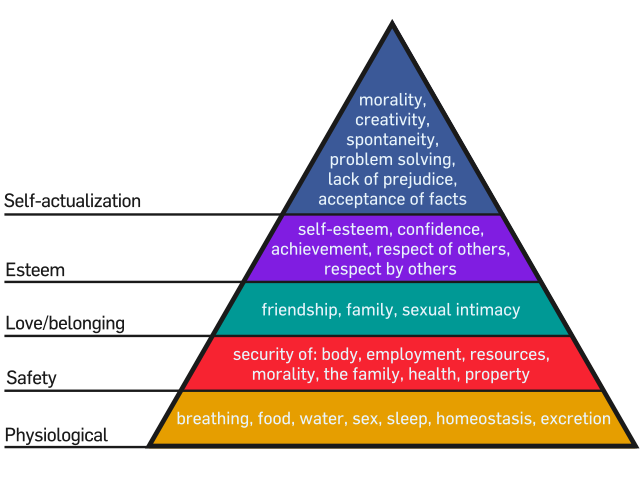A framework for living well
The framework consists of two parts: homeostasis and growth (forgive the lack of biological correctness 🤓). Homeostasis is about being okay with where I am right now and having stability and freedom (however one might define it). Growth is about amplif

I’m a big fan of frameworks.
I recently updated my “personal operating system” framework, and having lately (also) become a fan of Excalidraw, I figured I would sketch something out. It’s by no means mutually exclusive or complete, but I think it’s a good starting point.
I’ve separated it into two parts: homeostasis and growth (forgive the lack of biological correctness 🤓)
Homeostasis is about being okay with where I am right now and having stability and freedom (however one might define it)
Growth is about amplification and having more to share.
My main focus at this point in life is doing part one well, i.e. finding & maintaining personal homeostasis. My goal is to do more “satisficing” than “maximising”. Personally, this means having a clearer view of what my most important pillars are and what “enough” looks like in those pillars.
I have struggled with “maximising” my life in the past.
The maximiser mindset is usually focused on growth, which often comes at the expense of the pillars of homeostasis (particularly mental well-being and strong relationships). Often the root is deep dissatisfaction.
It’s also too easy to get sucked into things unconsciously without really understanding what the point of the next step is. Been in a relationship for a few years? Let’s get married. Been married for a few years? Let’s have kids. In the end, dissatisfaction is amplified.
It’s important to distil down exactly what your needs are.
Bringing in some pop-psych from Maslow’s hierarchy, homeostasis would ideally satisfy up to the level of “love/belonging” for me, arguably the most essential part. Everything above that is a bonus.

We should also be careful of needs requiring external validation (i.e. “esteem”). Whilst denying the impact of external validation in our lives is probably too high and lofty, making our well-being contingent on that validation is a recipe for disaster.
The last level of self-actualisation is also a strange concept. Viktor Frankl says it best:
“…what is called self-actualisation is not an attainable aim at all, for the simple reason that the more one would strive for it, the more one would miss it.”
Growth is not the enemy here, though.
There’s no doubt that the growth journey can be exceptionally rewarding. It is often where we find most of our stimulation and engagement. The danger arises when we’re pursuing growth to fulfil the expectations of others or constructing a narrative that does not truly resonate.
Take a step back, consider what’s most important for your overall well-being, and pursue growth cautiously and consciously.



